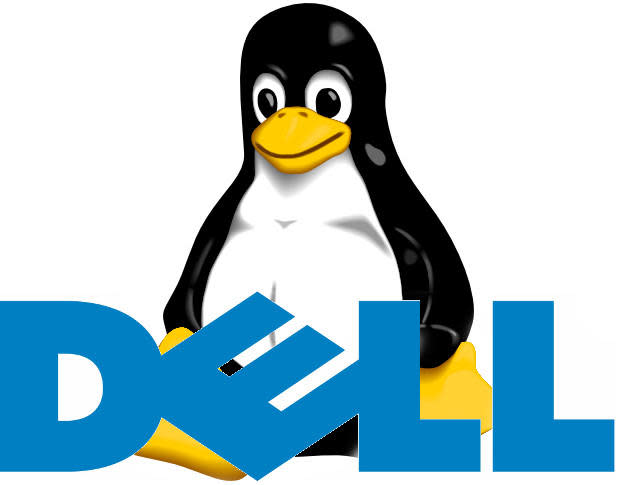Dell is back in bed with Linux
This article, Dell is back in bed with Linux, originally appeared on TechRepublic.com.

Ask any fan of Linux about the on-again, off-again relationship Dell has had with the flagship open-source platform, and you'll get mostly negative reactions. There's a reason for that. Every time Dell teases the Linux community with a new Linux-powered desktop, the relationship lasts for a few months, and then it's over.
Well, guess what? Dell is at it again. However, this time, something feels a bit different. Instead of being secretive about Linux on their laptops or desktops, Dell is actually (gasp) promoting the things!
Consider the evidence: Dell Inspiron 15 3000 series and the Inspiron 14 3000 series
Consider the starting prices: $249.00 for the 15 and $219.00 for the 14
Consider the fact that Dell actually tweeted their availability (Figure A)
Figure A

Dell tweeting the availability of the Ubuntu PC.
Could Dell finally be serious about promoting and selling a full line of laptops with the Linux OS? Maybe "full line" is taking it a bit far. After all, they're only selling the non-touch version of the Inspiron 14 and 15, and these are fairly low spec'd machines.
Listen to me complaining that Dell is only promoting low-spec'd Linux machines! These machines don't enjoy significant battery life (about four hours of solid usage), and they have tinny speakers. But the fact remains that Dell is making good on a promise they voiced years ago about supporting Linux. Dell has also worked with Canonical (supposedly) to create a custom Dell/Ubuntu experience. The startup animation is unique (it's the same as the XPS 13 developer edition, as shown in Video A), it has a EULA, the option to create a restore disk is presented on first boot, the Fluendo mp3 codecs are included, and there's a special apt repository for Dell-specific apps to be installed.
Video A
This all comes on the heels of Dell's successful Project Sputnik, which evolved into the Dell Developer Edition XPS 13 laptop that is powered by Ubuntu. This particular machine is a powerhouse, designed specifically for developers, and it might wind up being my next laptop.
But the XPS 13 isn't for everyone, simply because it's pricey (starting at $949 for the base model). The Inspiron 14 (which starts at $249) fills a rather large gap.
Of course, what I believe Dell is honestly doing is attempting to clear out older hardware by marrying it with a serviceable operating system to target the Chromebook niche--users of lower-end devices that serve a very small (but productive) purpose. And the Ubuntu-powered Inspiron 14 and 15 can do just that. But what happens when Dell runs out of all that old hardware? Are they going to be willing to up the ante and bring Linux to the rest of their laptop lineup? That would make perfect sense, especially if the Inspiron 14 and 15 sells out.
But this is Dell, and their relationship with Linux and consumers doesn't enjoy the greatest track record. If Dell wants to fully rectify their past Linux ventures, they might find some hardware between the Inspiron 15 and the XPS 13 (such as the Inspiron 13 7000) and offer a Linux option. The thing is, once Dell starts offering Linux options, users will buy them. Maybe they won't sell on the level of the Windows default, but they will sell. Buying a laptop with Linux pre-installed currently means heading over to either System76 or ZaReason. Both companies have enjoyed success (and with good reason--their products are solid and their support is tops). However, neither company has the pull and weight of Dell. Should Dell continue to travel down this path called Linux, they will eventually bring other manufacturers with them.
Dell has to understand this could be a tipping point for desktop Linux. It happened for Google and the Chromebook, and it can happen for Linux. A simple piece of mid-spec'd hardware and the Ubuntu OS could easily fill a vast chasm that the Chromebook can't fill.
But this also falls into the laps of the Linux faithful. If you vote with your dollars (and purchase these Linux option laptops), Dell will see there is, in fact, a market. The next step would be better, more modern, hardware. Beyond that... the sky's the limit.
Do you think Dell means business with this latest venture? Would you purchase a low-spec'd laptop powered by Ubuntu? If so, what purpose would it serve? Share your thoughts in the discussion thread below.


